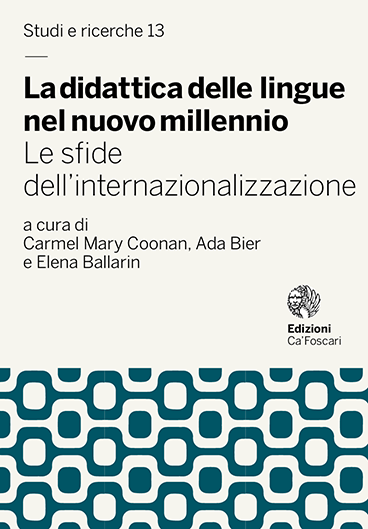- search 517 views
- file_download 65 download
- keyboard_capslock metadata
-
mark_email_readIscriviti alla newsletter
Museum Learning Through a Foreign Language
The Impact of Internationalisation
abstract
One of the most interesting effects of internationalisation is certainly the increase, in Italy, of museum educational programmes delivered through the means of a foreign language and based on the CLIL methodology. The aim of these programmes is for visitors to practise their foreign language skills in an authentic and stimulating context, while at same time developing their knowledge of science, art or other discipline related contents. Their target is mainly school-students, which is in line with current European policies that encourage member states to bridge the gap between in- and out-of-school language learning. This article will first offer a broad overview of how internationalisation has affected museum educational programmes in Italy. Thus, it will give an overview of museum and CLIL-based pedagogies, discussing the challenges encountered to integrate them through summarising Fazzi’s evaluation of a CLIL museum programme. It will then outline a research project carried out in collaboration with the Civic Museum of Venice, through discussing (i) the steps taken in developing a CLIL museum programme at the Natural History Museum of Venice, (ii) the programme structure and (iii) the challenges encountered. The project, which is currently in its second year, adopts a participatory approach and involves the museum educational staff, the museum educator/researcher, and secondary school teachers and students.
Keywords: Museum learning • CLIL • Internationalisation • Non-formal learning




